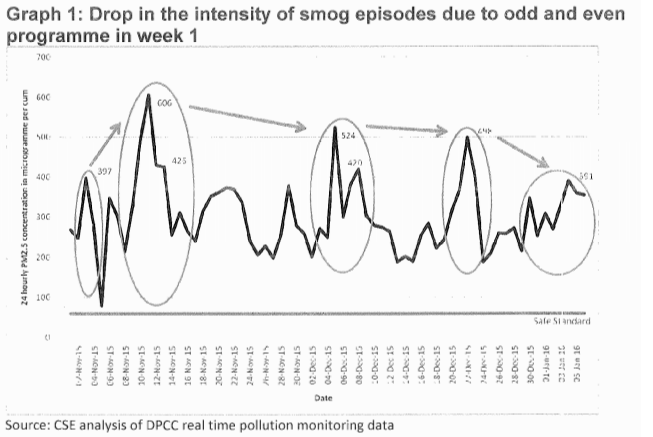-
Tips for becoming a good boxer - November 6, 2020
-
7 expert tips for making your hens night a memorable one - November 6, 2020
-
5 reasons to host your Christmas party on a cruise boat - November 6, 2020
-
What to do when you’re charged with a crime - November 6, 2020
-
Should you get one or multiple dogs? Here’s all you need to know - November 3, 2020
-
A Guide: How to Build Your Very Own Magic Mirror - February 14, 2019
-
Our Top Inspirational Baseball Stars - November 24, 2018
-
Five Tech Tools That Will Help You Turn Your Blog into a Business - November 24, 2018
-
How to Indulge on Vacation without Expanding Your Waist - November 9, 2018
-
5 Strategies for Businesses to Appeal to Today’s Increasingly Mobile-Crazed Customers - November 9, 2018
Odd-Even rule: Delhi Govt. to submit pollution report in HC
The government also told the court that it was in the process of buying more buses to augment the fleet of the existing public transport system.
Advertisement
Salve, flanked by Delhi’s Transport Minister Gopal Rai and environmental activist Sunita Narain in a packed courtroom, made submissions on multiple grounds.
Also, the Delhi government has told the court that 15 days for the odd-even trial are not enough and if needed it may have to go beyond that.
A division bench of chief justice G Rohini and Justice Jayant Nath took note of the report submitted by the government on air pollution collected from 1 January to 8. In winters, the pollution is anyway high as wind speed is low.
“This past week, when the weather has been more hostile than in November and December, the peak levels have been less in comparison”.
This proves that reduced traffic volumes have arrested the peaking of pollution. The bench said it will pronounce its order on the plan Monday.
The court had earlier asked the Delhi government whether it can limit restrictions on the plying of even- and odd- numbered vehicles in Delhi on alternate days to “a week” instead of the planned 15 days.
“Is it really necessary to have it for two weeks (15 days)?”
The Delhi High Court Bar Association (DHCBA) President Rajiv Khosla, one of the petitioners who has challenged the Delhi government’s December 28, 2015 notification that brought the formula, said the data submitted by the government is not correct.
Salve said the national Capital was piloting its first-ever emergency action to reduce peak pollution levels. “This is consistent with global best practice”. Vehicles that are second highest emitters in the city are responsible for very high exposure and health impacts. “He also said that the substantial improvement in pollutions was hampered by smog”, Kapoor said. “This is a significant contribution of Delhiites” as vehicular pollution has dropped due to reduction in number of vehicles, it said.
“We pointed out that the DPCC data clearly depicts that even during the implementation of this formula, the pollution levels are constant and that there is no change whatsoever in the air quality”, co-petitioner Manoj Kumar told Firstpost.
The Supreme Court and high courts generally appoint an amicus curiae to get a lawyer’s help to take an independent view on important issues or in cases where a litigant is unable to engage his own lawyer.
Advertisement
“We need to disincentivise car-owners from buying cars by making them more expensive, raising road taxes and reducing parking availability to curb emissions in the long-run”, she said. The people of Delhi supported you despite inconvenience.




























